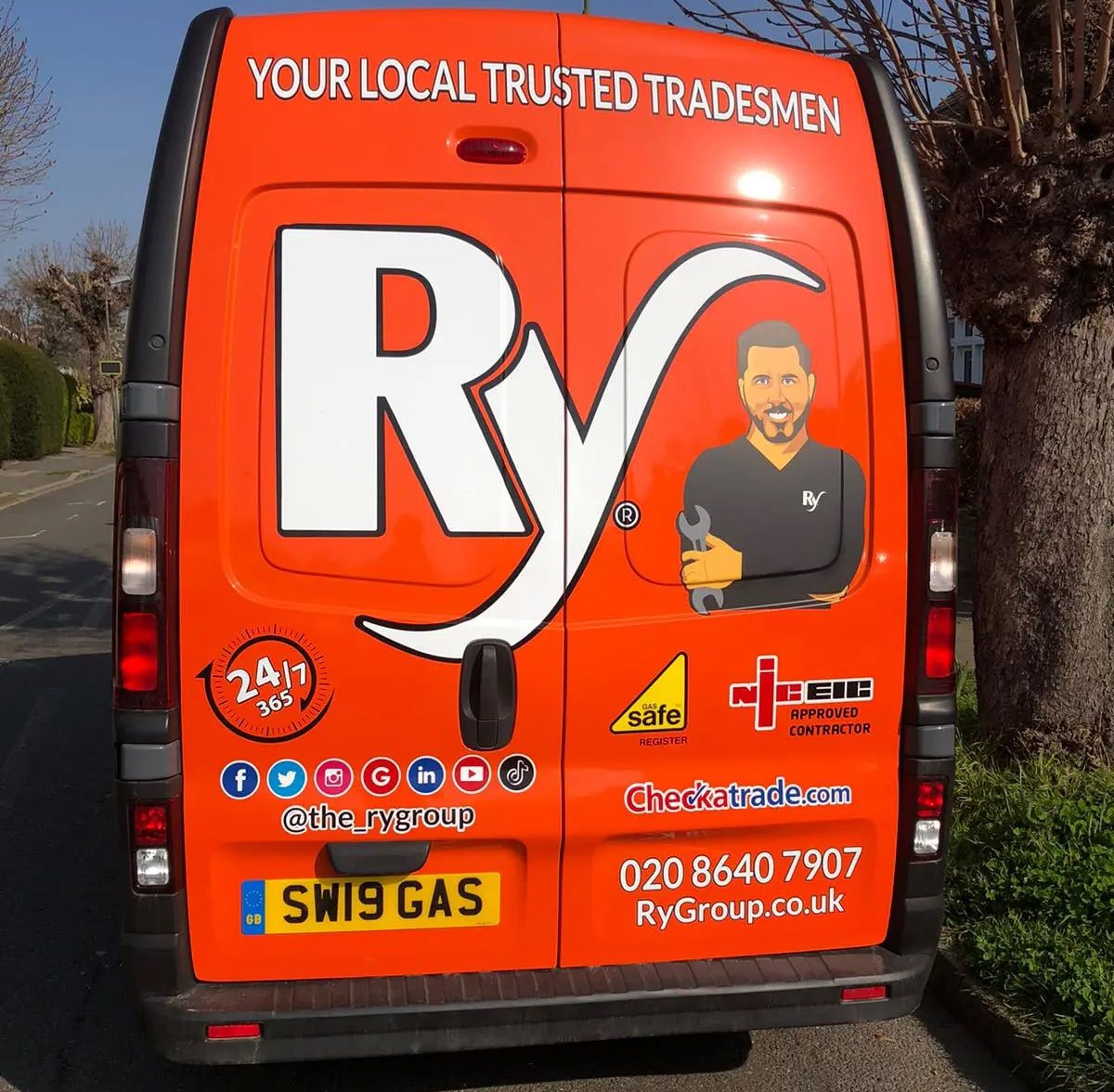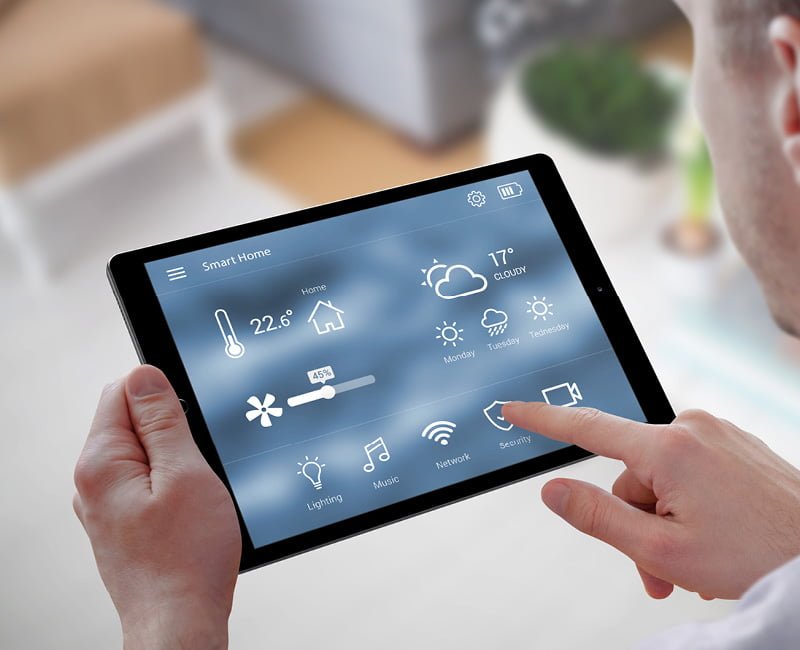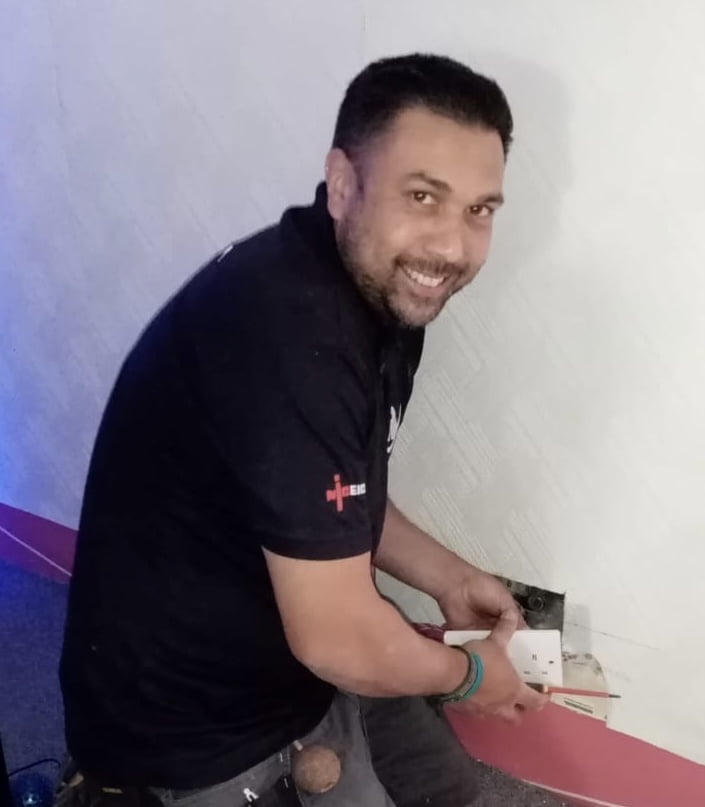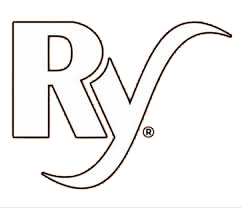SMART HOME CONTROLS INSTALLED
- Energy Saving
- Universal Integration
- Enhanced Security
- Reliable Technology
- Intuitive Controls
- Simple Interfaces
Request A Callback
Ry Group is proud to have a team of skilled Smart Home local heating engineers. With over 10 years of experience, our engineers are highly skilled and trusted in the industry. As technology continues to advance, we stay ahead of the curve to provide you with the best solutions.
When it comes to Smart Controls, the market offers a plethora of products. It is crucial to understand your specific requirements, future expansion possibilities, and the compatibility with your existing system. Our experts can guide you through the process and help you make informed decisions.
Smart Heating Controls have gained immense popularity due to their energy efficiency, cost savings, and convenience of heating at the touch of a button. At Ry, we are pleased to offer advice on suitable products based on your needs. Additionally, our FAQs section provides top tips on finding the most suitable Smart Home Controls for your requirements, factors influencing costs, and more. You can easily reach out to us through our online chat, request a quote, or request a call back above.

Finding the best smart heating controls for your needs can be overwhelming, but at Ry Group, we're here to simplify the process. Our team of experts can recommend the most suitable smart home controls based on your requirements. Whether you're looking for a multi-zone smart thermostat to customize heating in different areas of your home or a smart central heating controller to manage your entire system remotely, we've got you covered.
One of the top contenders in the smart heating controls market is the Tado Zone Controller. This wireless wifi thermostat offers precise control over your heating system and allows you to create customized schedules for optimal comfort and energy efficiency.
With a smartphone-controlled thermostat, you can adjust your home's temperature from anywhere, ensuring a warm and cozy environment upon your arrival. Imagine the convenience of remotely controlling your heating system through a user-friendly app, or even integrating it with your smart home automation system for seamless control of all your devices.
Investing in a smart home heating system not only provides comfort and convenience but also contributes to energy savings and reduced environmental impact. With internet-controlled central heating, you can monitor and adjust your heating system's settings remotely, ensuring optimal energy usage and cost efficiency.
Choose the best smart central heating controls for your home and experience the benefits of home heating automation. With a smart thermostat as the heart of your system, you can achieve precise temperature control, efficient scheduling, and even learn patterns to adapt to your lifestyle.
Upgrade to the best smart home controller and take control of your home's heating with ease. With a wireless house thermostat equipped with wifi control, Embrace the convenience and energy efficiency of smart home heating and enjoy the ultimate comfort and control at your fingertips. Contact us today to embark on your journey towards a smarter, more efficient home heating system.
The Top 3 Heating Smart Controls
Nest
Pro: Lots of product add in options
Con: Needs independent power supply to be fitted on the wall
Tado
Pro: Can control your radiators individually Con: Only does heating .. no add in for CCTV etc.Hive
Pro: Can be wall mounted as battery operated
Con: Doesn't learn your habits like the Nest
Costs Associated On Average
Nest
Costs range based on a couple of things
- If you have it on the wall or a stand
- How many heating zones you have & boiler type
- What Nest version you go for
On Average installation costs £90-130
Tado
Costs range based on a couple of things
- Wired or wireless
- How many heating zones you have & boiler type
- If you install smart radiator valves and how many
On Average installation costs with radiators £130-200
Hive
Costs range based on a couple of things
- How many heating zones you have & boiler type
- Any add inns you may opt for such as radiator valves
On Average installation costs £85-160
Are you a Landlord or Business?
Ry has a dedicated Account Customer Team, who provide support, maintenance packages and discounted rates for Landlords & Agents. Why not take a look


About This Work
Average cost
£85 - £145 +VAT
Average Time
1 - 2 Hours
We Complete
Flexible Ways To Pay
Card Payment
Interest Free
Monthly Payments
Looking for more advanced home automation?

Check out our electrical home automation
Frequently Asked Questions
The best option is dependent on a few questions:
- What do you want to achieve from the smart home device? I.e lower bills, control away from the home.
- Have you got any other smart home devices currently? If you have a smart cctv camera for example you may want to get a Thermostat that is under the same system.
- What type of central heating system do you currently have? And how many zones? I.e A combi boiler and just radiators, or a conventional system + underfloor heating.
- How advanced do you want something to be? and what are your future plans at the property?
Once you have established the answers to these questions a Ry engineer can provide information on what type of systems could be suitable. You will also be able to do your own research online, once you have the answers to these questions.
We can then provide a quote based on discussions of these facts, so you are aware of the work involved and the products thats will be fitted.
Luckily at Ry we have Heating Engineers and Electricians so whatever the specification we can help.
Yes there is... and Ry are part of it.
Check out the below government site to see if you may be eligible
https://www.gov.uk/guidance/apply-for-the-green-homes-grant-scheme
This scheme is due to run until early 2022.
Luckily a lot of security measures have now been introduced by suppliers and manufacturers.
However there are still some top tips of what to check prior to installing smart home solutions.
- Give your router a name and ensure it's a newer model.
Don’t stick with the name the manufacturer gave it — it might identify the make or model. Give it an unusual name not associated with you or your street address. You don’t want your router name to give away any personal identifiers. Also ensure your supplier provides you an updated router if its old, this will ensure any new network security updates are in place.
- Use a strong encryption method for Wi-Fi.
In your router settings, it’s a good idea to use a strong encryption method, like WPA2, when you set up Wi-Fi network access. This will help keep your network and communications secure.
- Set up a guest network.
Keep your Wi-Fi account private. Visitors, friends and relatives can log into a separate network that doesn’t tie into your IoT devices.
- Change default usernames and passwords.
Cybercriminals probably already know the default passwords that come with many IoT products. That makes it easy for them to access your IoT devices and, potentially, the information on them. Are you considering a device that doesn’t allow you to change the default password? Then consider a different one.
- Use strong, unique passwords for Wi-Fi networks and device accounts.
Avoid common words or passwords that are easy to guess, such as “password” or “123456.” Instead, use unique, complex passwords made up of letters, numbers, and symbols. You might also consider a password manager to up your security game.
- Check the setting for your devices.
Your IoT devices might come with default privacy and security settings. You might want to consider changing them, as some default settings could benefit the manufacturer more than they benefit you.
- Disable features you may not need.
IoT devices come with a variety of services such as remote access, often enabled by default.
If you don’t need it, be sure to disable it.
- Keep your software up to date.
When your smart phone manufacturer sends you a software update, don’t put off installing it. It might be a patch for a security flaw. Mobile security is important, since you may connect to your smart home through mobile devices. Your IoT device makers also may sent you updates — or you might have to visit their websites to check for them. Be sure to download updates and apply them to your device to help stay safe.
- Audit the IoT devices already on your home network.
It could be time to upgrade that old security camera. Take time to check if newer models might offer stronger security.
- Do the two-step.
We’re talking authentication. Two-factor authentication — such as a one-time code sent to your cellphone — can keep the bad guys out of your accounts. If your smart-device apps offer two-factor authentication, or 2FA, use it.
- Avoid public Wi-Fi networks.
You might want to manage your IoT devices through your mobile device in a coffee shop across town. If you’re on public Wi-Fi — generally not a good idea — use a VPN.
- Watch out for outages.
Ensure that a hardware outage does not result in an unsecure state for the device.
No doubt more IoT devices are coming and will angle for a place in your home. If they make your life more convenient — even happier — great. But don’t forget to secure your increasingly smart home and your IoT devices.

10% off an EICR
Meet One Of Our Electrical Engineers
Meet Mark - Mark is our Electrical QS who has had over 25 Years experience as a qualified electrician on both Domestic and Commercial works. Mark has had previous lead engineer and managerial roles .... and is a 10/10 on communication
Tell us an interesting fact about you..
Well I'm not sure how interesting it is ... but i live on a house boat which is pretty unique.How do you like your cuppa?
Hot & wet .. other than that I'm not fussedWhat do you love most about your job?
Hot & wet .. other than that I'm not fussed






